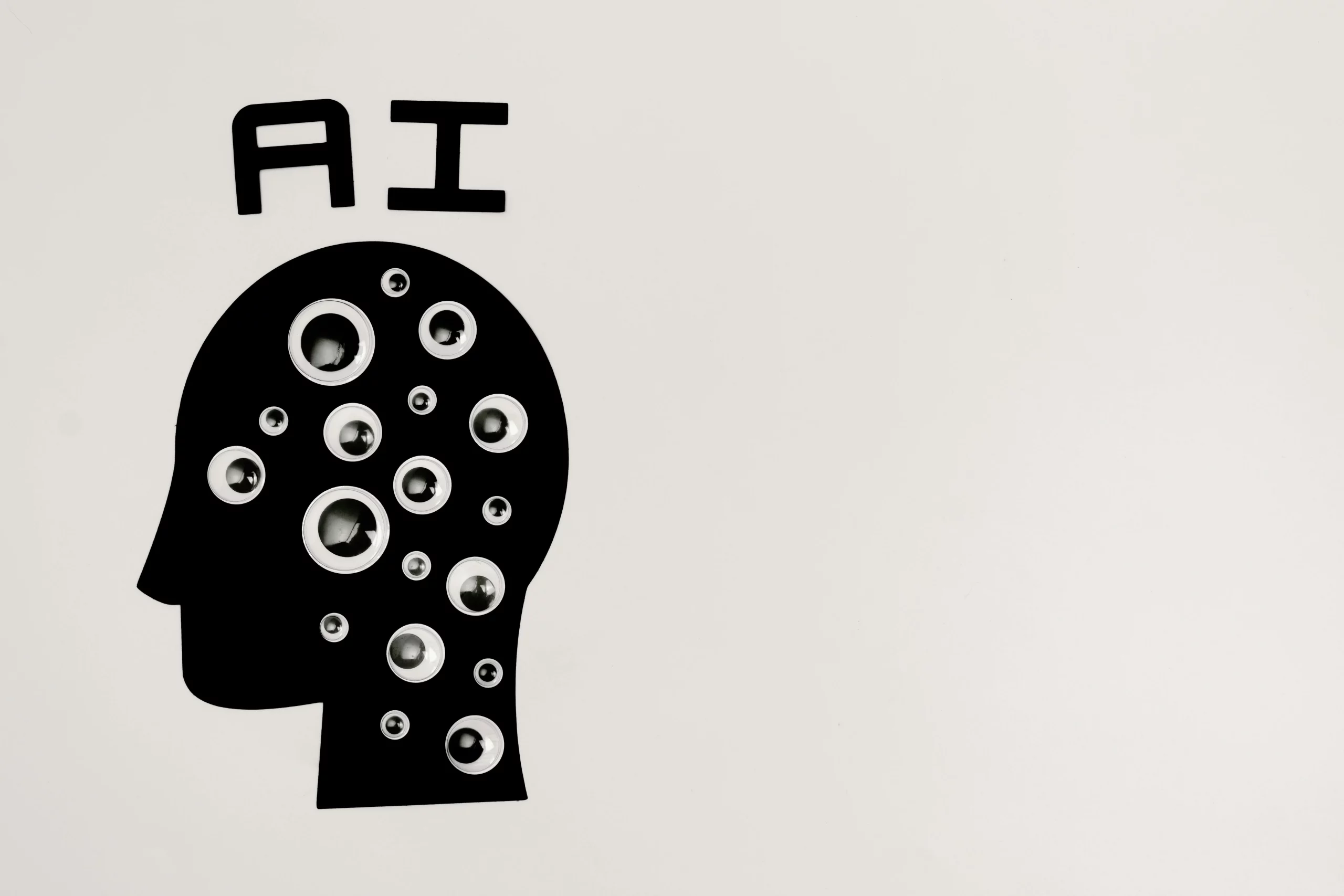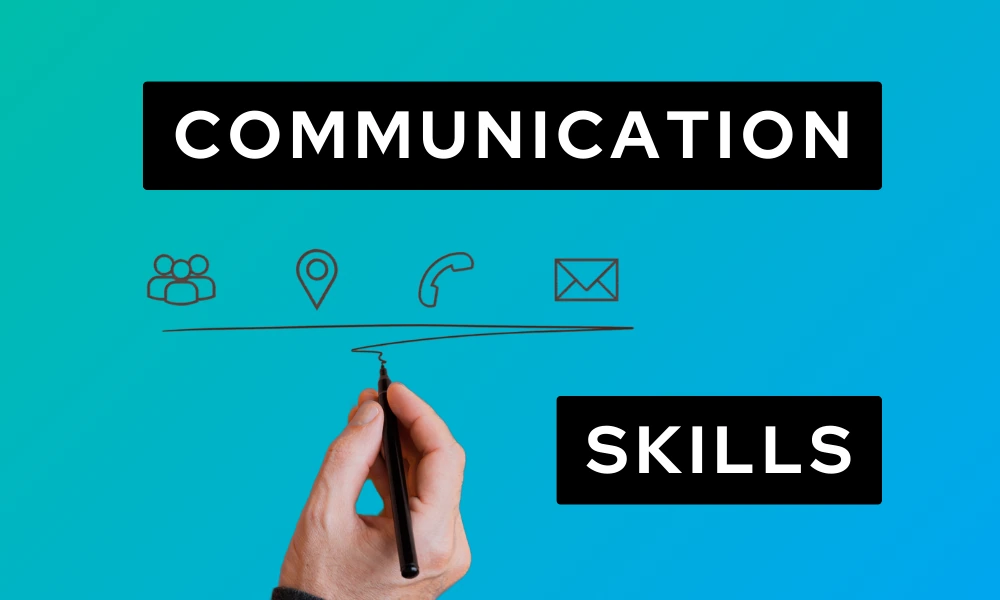AI-powered remote proctoring systems (AIPS) are fundamentally changing how recruiters assess candidates, making the process automated and efficient and requiring minimal human intervention.
These user-friendly systems continuously monitor candidates and their surroundings with impressive accuracy. The goal?
To protect the integrity of the examination process and prevent and identify suspicious activities that could indicate cheating, such as using prohibited devices, accessing other websites, or leaving the room.
Should you start using AI-powered remote proctoring solutions, too? The following benefits might convince you:
- More convenient for applicants—Job candidates can take assessments from anywhere (their home or another preferred location), cutting down on the costs they might pay out of pocket for travel and other logistics.
- Broader talent pool – Remote proctoring lets your company engage with more candidates, including those who live in distant regions and those with disabilities who may find it hard to visit your office physically.
- Better security—Sophisticated AI monitoring tools help reduce the risk of dishonesty and safeguard the authenticity of the test results.
Enhancing Accessibility with Remote Proctoring Solutions
AI-based remote proctoring is a great recruitment tool, but it’s crucial to ensure it’s accessible to applicants.
Note that AI remote proctoring leans heavily on technology with minimal human involvement. To function optimally, these systems require:
- A steady internet connection
- Plug-and-play technology
- A web camera
- A microphone
- Screen sharing capability
- Hardware add-ons such as speech recognition and gaze tracking systems (only in some cases)
- Trained proctors to provide human oversight when necessary
Be sure to choose a user-friendly proctoring platform for everyone, including applicants with visual or cognitive impairments.
Provide alternative test material formats and allow applicants to use assistive technologies (such as screen readers, text-to-speech software, or screen magnification tools) to demonstrate your company’s commitment to inclusive hiring.
Finally, ensure that your remote proctoring system provides straightforward instructions so applicants who need accessibility features can quickly understand how to use the system and access support if necessary.
Ensuring Integrity and Security in Virtual Interview Settings
How do you create a secure and trustworthy virtual interview process for employers and candidates?
The actual implementation will depend on the platform you’re using. That said, general ways exist to maintain a secure and reliable virtual interview environment.
- Require candidates to download and run a security scan on their devices before you start the interview. These scans can identify potential malware or vulnerabilities.
- To control access, use a secure video conferencing platform with encryption and waiting room features.
- Use multi-factor authentication to verify a candidate’s identity before the interview. This could involve combining email verification, password, and knowledge-based questions.
- Consider using facial recognition technology (but ensure it complies with privacy regulations and offers alternative verification methods).
- If you plan to use remote proctoring for technical interviews, monitor the candidate’s activity using screen sharing and recording tools. This helps prevent unauthorized access to information. Communicate your screen sharing, recording, and external resource access policies during the interview.
Streamlining Candidate Evaluation Through Remote Proctoring
Here are some tips on how to use remote proctoring technology to improve your candidate evaluation efficiency:
- Choose a remote proctoring platform that can also automatically schedule interviews.
- Ensure that it provides a consistent testing environment to minimize the effect of external factors on an applicant’s performance.
- Use proctoring software with built-in scoring functionalities for standardized assessments. This will free up your human interviewers to concentrate on assessing the qualitative aspects of the candidate’s performance.
Facilitating Global Talent Acquisition with Remote Interviewing
Do you want to expand your talent pool beyond local waters?
Virtual interviewing lets you hire qualified candidates from around the world. It lets you tap into international talent markets to find people with unique skills and experiences.
It can be particularly beneficial if you’re hiring for niche positions where skilled professionals might be geographically dispersed.
Virtual interviews and remote proctoring also eliminate the travel expenses and time constraints that bog down traditional in-person interviews. And, of course, they offer immense flexibility for all parties.
Candidates can participate in a comfortable and familiar environment, potentially reducing interview anxiety and encouraging more authentic interactions.
Increasing Flexibility and Convenience for Candidates and Employers
1. Leveraging Technology for Seamless Remote Proctoring Experiences
Use cloud-based platforms that can be accessed online from any device to make the remote proctoring and virtual interview process even more seamless for candidates.
Consider integrating scheduling tools with your proctoring platform to make it easier for applicants to book their appointments.
Such a feature can also support better time zone management for interviewing talent from other parts of the world. Automated reminders and notifications keep both parties informed throughout the process.
2. Customizing Remote Proctoring Solutions to Suit Specific Interview Needs
Choose a platform that lets you customize settings for different interview types. For example, you should be able to set non-permissible activities.
3. Implementing User-Friendly Remote Proctoring Platforms for Seamless Experiences
An excellent remote proctoring platform has an intuitive, easy-to-navigate interface suitable for interviewers and candidates with varying technical expertise.
To make everything flow smoother, you can offer clear instructions and tutorials on using the platform and its features before the test or interview starts.
And, of course, remember to provide technical support resources in case of any issues.
4. Ensuring Data Privacy and Confidentiality in Remote Proctoring Processes
Check if the platform has encryption, access controls, and secure data storage, among other essential security features. It should also communicate data privacy policies to the candidate (how their information is collected, used, and stored).
Finally, remember to obtain explicit consent from candidates, saying they agree to data collection and usage during the proctoring process.
5. Integrating AI and Machine Learning for Enhanced Remote Proctoring Capabilities
The most advanced AI-powered remote proctoring tools support identity verification to ensure that the person taking the assessment is the same person who registered for it.
For example, Glider AI offers facial recognition/face detection features (while adhering to privacy regulations) and can flag and prevent unauthorized access.
It also provides a host of other advanced tracking and cheating analysis features — including AI-based plagiarism checkers — to maintain the integrity of your assessments.
6. Training Interviewers and Candidates for Effective Participation in Remote Proctored Interviews
The success of your remote proctoring efforts will depend on how well your team uses it. Take the time to train your interviewers to implement tests and interviews in a virtual environment.
Make sure that they fully understand how to use your platform’s features.
It’s also essential to guide candidates in preparing for their remote proctored interviews.
Give them pointers on setting up their testing environment. If the platform provides practice functionality, give them access to it so that they can familiarize themselves with how it works.



